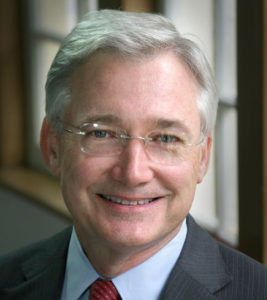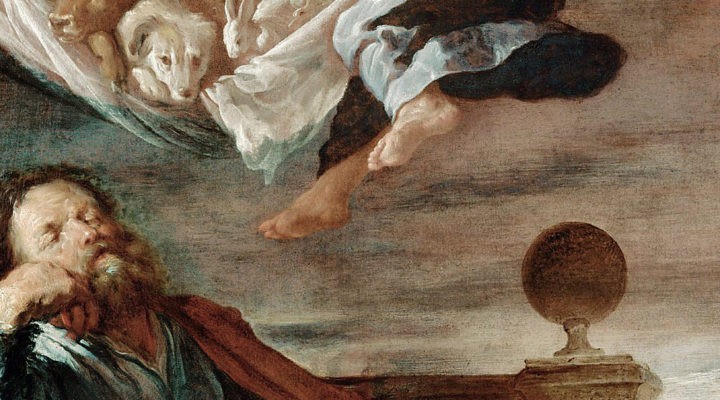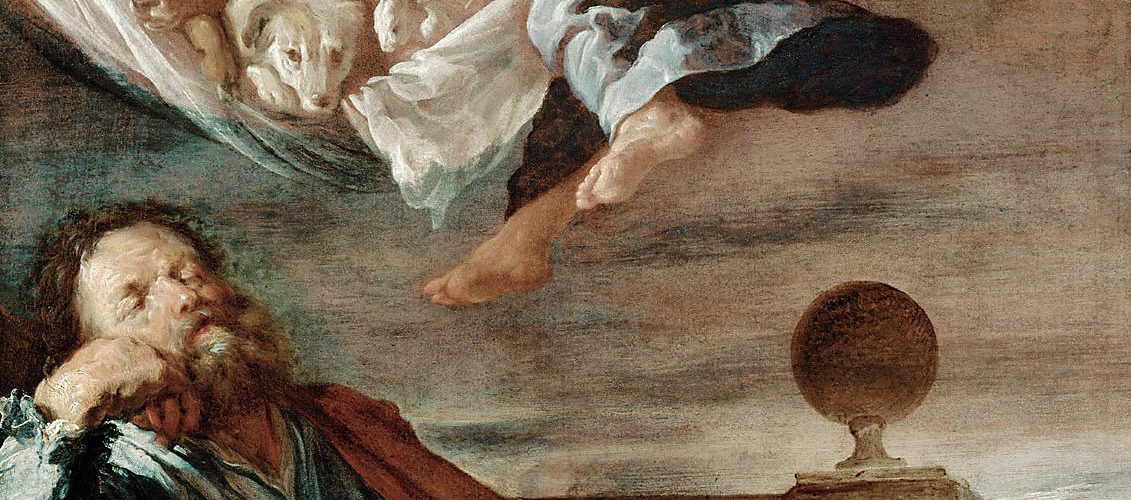One of the key words of Acts is “unhindered.” The last word of the book is in the adjective form, saying that Paul near the end of his life preached the gospel of the kingdom “unhinderedly.” The whole book is about the gospel, despite the obstacles and opposition, going out to all the world unhinderedly.
In Acts 10 is a case in point. Peter is in the process of being converted again. As one has said, “It takes a lifetime of conversions to be the new creation God is making us to be.” In this episode of his life, Peter is being converted from a religion of exclusion to the gospel of inclusion.

Stephen Shoemaker
The issue was full inclusion of Gentiles into the church. A vision and the Spirit led Paul to the house of Cornelius, a Gentile, to preach to the Gentiles there. It could not have happened a day earlier in his life. In the middle of his sermon, the Holy Spirit interrupted him and fell upon everyone in his household. His Jewish friends who had come along expressed astonishment that the Holy Spirit had been poured out “even upon the Gentiles!” And Peter, calling for baptismal waters, said, “If then God gave them the same gift that he gave us when we believed in the Lord Jesus Christ, who was I to hinder God?”
The church today is experiencing a joyous Pentecost of churches who are welcoming LGBTQ people into their congregations. They are seeing the rich spiritual gifts our gay brothers and sisters are giving the church.
Of course, gay people have been giving their amazing spiritual gifts to the church all along, only we did not recognize them as gay persons and fully welcome them. Thus, we created in them a dividedness of self. Their soul-truth had to be split off from their public selves. Now LGBTQ people are expressing their truest gifts more freely in the body of Christ. Unhinderedly.
A few years back, I was asked to go visit an older man in the hospital who was facing death. He was gay, and he had no pastor. We talked for a little bit, and then he said some of the most honest words I have heard as a pastor. He said, “When I die, I’d just as soon that be the end of it.”
“He had been so injured, I surmised, by the hatred and rejection he met in church and heard from the pulpit, that he could not imagine heaven as a place where he wanted to end up.”
He had been so injured, I surmised, by the hatred and rejection he met in church and heard from the pulpit, that he could not imagine heaven as a place where he wanted to end up. We talked a little more. I told him if there is a world to come, and who of us can know for sure, I believe in a God beyond the God he had been taught, and this God would joyously welcome him home. Then I prayed a blessing and left. I felt like crying as I left his room.
How many millions of LGBTQ people have lived bereft of church and full of a sexual shame imposed on them by the church through the years, a shame that attacked them at the level of their personhood?
In 2007, Myers Park Baptist Church in Charlotte, where I was pastor at the time, was ousted from the North Carolina Baptist State Convention because we fully welcomed LGBTQ persons. The vote on the convention floor was 2,985 for the ousting to about 20 against. I did not ask for a recount.
The next day the morning headline of the Charlotte Observer announced in huge letters “EXPELLED,” with the story underneath. Because of the internet, the story was carried around the nation and the world. I received hundreds of letters filled with gratitude about our witness. That we were a Baptist church welcoming gay people created special gratitude from gay people brought up in more conservative churches — and some disbelief in others.
“His beloved partner was shot dead in 1993, a year before the victory over apartheid was won.”
One letter was from South Africa. This white man had formed a loving partnership with a Black gay man a decade earlier. Because of the repressive laws at that time of apartheid, they risked imprisonment to do so. They were involved in the anti-apartheid movement together. His beloved partner was shot dead in 1993, a year before the victory over apartheid was won. He wrote to tell me of his gratitude for our church and how grateful gay people around the world would be. He closed by saying that the particular road we had chosen to walk would be littered with obstacles but was a road “well-lit by a light that is not of this earth,” so that our “footsteps not falter or stumble.”
I can almost hear the words, “not be hindered.”
The acceptance of LGBTQ persons into the church is not only letting us receive their enormous gifts, it may help heal our souls shamed in so many ways by shame-based religion. They are teaching us authenticity and the hard road to it. How can we not welcome them without hindering God?
Stephen Shoemaker serves as pastor of Grace Baptist Church in Statesville, N.C. He served previously as pastor of Myers Park Baptist in Charlotte, N.C.; Broadway Baptist in Fort Worth, Texas, and Crescent Hill Baptist in Louisville, Ky.
Related articles:
My journey toward LGBTQ inclusion: God still speaks | Opinion by Chris Conley
10 things we’re learning about the LGBTQ debate in the church | Opinion by Mark Wingfield
On LGBT: What I have learned since ‘Changing Our Mind’ | Opinion by David Gushee
My quest to find the word ‘homosexual’ in the Bible | Opinion by Ed Oxford


